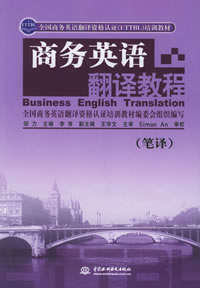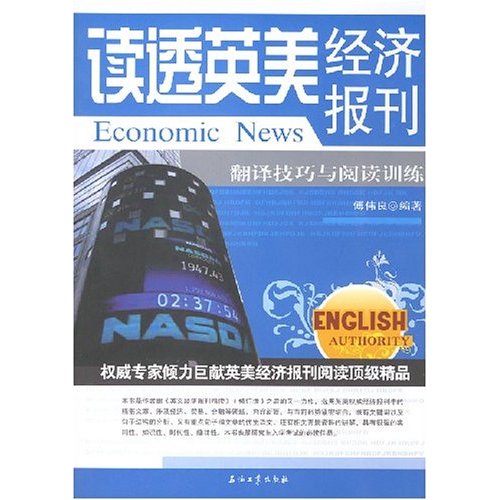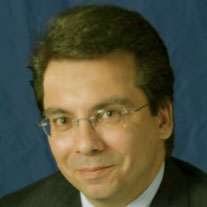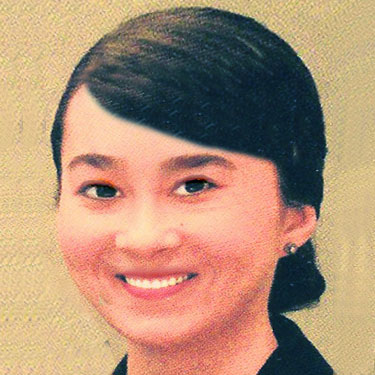The Challenge of Translating Chinese Medicine
作者:古龙 2009-07-04




语际翻译公司 转载请注明https://www.scientrans.com
∗本栏目部分文章内容来自互联网,部分已经过本站编辑和整理,如有版权事宜请联系Email/MSN jesczhao@hotmail.com
Q. Can you give some examples of these four character summations as they occur in Chinese medicine? Are they used frequently?
A. I can give lots of examples. They're used almost everywhere in Chinese medical texts, for diagnosis, treatment procedures, theoretical explan-ations—and almost always in these incredibly abbreviated forms that sound either bizarre or quaint or poetic in translation. That may be a good rule of thumb for determining a bad translation in any context. A translation may possess a certain cultural distance from its original, but if it sounds too quaint or bizarre or poetic, it's likely to be a poor one. People in other societies do not normally go around being quaint or poetic or bizarre—they wouldn't survive very long.
And the Chinese have not only survived—they have burgeoned and flourished. You want some examples—look at any text in the medical literature, better yet look at these Chinese herbal pill bottles. There are hundreds like them—this one says "Indications: Treatments of vulnerary (stricken or fallen), shocken and twisten, septic burns and hemorrhagia per diaresin (Tesuit's drops), etc." Here's another:"Invigorating the spleen and reinforcing the vital energy, relieving flatulence and regulating the functions of stomach. Used for asthenia of the spleen and stomach...borborygmus, sticky stool." Do I have to tell you that's a bad translation? This is the sort of thing that might be published in the `Tickler File' of our ATA newsletter, it's what the New Yorker used to print under the heading `The Mysterious East."
Q. You mean it doesn't sound like that in Chinese?
A. Not in the slightest. It's positively beautiful in Chinese. Medical technical language to be sure, but concise, incisive, elegant. Almost entirely phrased in these four character `aphorisms' (`slogans' might be closer) that Chinese uses to make a long story very short. We expect medical language to sound Greco-Latinate and, well, medical. But Chinese medical language and thought, beyond the problems posed by the four-character summaries, is much more geometrical, mathematical, even legalistic in feel. There is continual talk of confirmations, of evidence, of methods of proof. The language couldn't be more empirical in tone, but almost all of this gets lost in the translation. It hasn't helped that one of the chief `popularizing' books in the field mistranslates the term for `evidence' or `confirmation' as pattern.
Q. You mention a Chinese "medical literature—how extensive is it, and how much has survived?
A. Vast amounts have "survived." We tend to think in terms of Greek or Roman medicine, where we have allowed innumerable volumes to be lost. But the Chinese haven't made this mistake. With some exceptions, libraries were not allowed to burn. Consequently, a vast medical literature is still central to Chinese culture, even with the advent of western science. One library in Peking claims over 50,000 volumes. A few hundred new books are published each year, and there are several national and local journals. Varieties of Chinese medical language include ancient, modern, and a number of stages in between, all with their peculiarities in vocabulary, as is proper for an ongoing developing field of knowledge. If we fail to see this, it's only because of a disease I call "culture blindness."
Q. Is Chinese Medicine antithetical to Western Medicine? Or is there some way the two can be reconciled?
A. Of course they can be reconciled. No intelligent observer would suggest the contrary. Western medicine has a more sophisticated view of some problems, but the Chinese view can be sophisticated in other ways. But we have to go beyond the unvoiced preconceptions on both sides, and to do this we have to recognize that they exist. We must become bimedical instead of merely monomedical. It's a task that linguists and translators can perhaps do best, by really looking carefully at the original, seeing what is actually there, and arriving at an accurate version in western languages. It represents an opportunity for linguists and translators to show that their skills are not just academic and parochial but can play an enormous part in a field that is not merely practical but absolutely central to human life and health .
来源:Alex Gross, Language Monthly
- 评论
- seme:文章内容文章内容文章内容文章内容文章内容文章内容文章内容文章内容文章内容 章内容文章内容文章内容文章内容文章内容
- seme:文章内容文章内容文章内容文章内容文章内容文章内容文章内容文章内容文章内容 章内容文章内容文章内容文章内容文章内容

- 针灸汉英翻译技巧探析
2009-5-29 12:09:05 - 针灸学是中医学中的重要组成部分 ,是中华医学宝贵的遗产之一。针灸学是以中医学理论为指导,运用针刺和艾灸防病治病的一门临床学科。目前,针灸已传播到 140多个国家和地区,已成为...
- The Challenge of Translating Chinese M…
2009-6-9 18:14:09 - Q. How does one get into something as recherché and specialized as translating Chinese medical texts?A. I suppose its what our col...
- 第四届IEEE生物信息与生…
2009-6-30 19:42:01 - 基本信息 主办单位: 四川大学,IEEE生物医学工程协会(EMBS) 承办单位 开始日期 2010/06/18 结束日期 截稿日期 2009/1...
- 第九届全国光电技术学术…
2009-6-30 19:35:58 - 基本信息主办单位: 中国宇航学会光电技术专业委员会承办单位 开始日期 2009/11/01结束日期 截稿日期 2009...
















